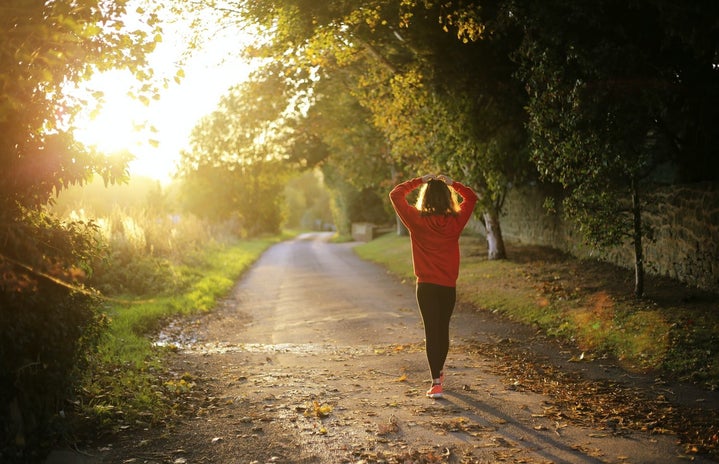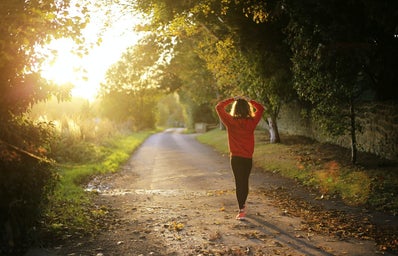From plastic packaging to synthetic ingredients in product formulas, the beauty industry has an impact felt far beyond the individual consumer. The 2022 NOAA study established last year as the sixth warmest year on record, with a substantial 1.55 °F increase above the 20th century average of 57.0 °F.
While most industries contribute to global carbon emissions, the beauty industry must be specifically addressed as one of the largest consumer industries in the modern marketplace. As consumers, we drive the force behind this industry and should prioritize making eco-friendly choices to steer businesses in the right direction.
In this article, I will explore different ways to promote eco-consciousness in our beauty routines.
DIY Beauty Products
In the wise words of Eco Warrior Jennifer Nini, “What’s better than buying better? Not buying at all. But businesses won’t sell you that concept because it’s just not as profitable”. In other words, feeding into consumer culture is counterproductive and it’s better to focus on maximising our existing resources whenever possible. We can easily achieve this by substituting beauty products with natural household items that are not only healthier but minimise waste. For example, instead of using harsh and alcohol-based mouthwashes, we can use coconut oil; almond oil can be used in place of makeup removers, and castor oil can be used as an eyelash or eyebrow serum.
Additionally, with the rise of platforms like TikTok, there are now countless recipes that make skincare products easy to create at home with accessible ingredients. One DIY trend that has taken the beauty world by storm is the rice toner, which I couldn’t resist trying myself. It’s an age-old skincare practice in Korea that is effective and simple: all you need is rice and water. In addition to the rice toner, there are numerous recipes that actually work, including the turmeric and oatmeal face masks.
Opt for Reusable Packaging and Refillable Products
Killing two birds with one stone is always a smart move, so why not apply this concept to our beauty routines? Refillable beauty products are both cost-effective and environmentally friendly. (Cultbeauty has a page on their website dedicated to highly sought-after refillable products, all of which are available for delivery in the UK. Check it out!)
Here are my recommendations:
- Faith in Nature offers vegan, cruelty-free shampoos and conditioners that are affordably priced at 12 pounds per set. From the earthy scents of Rosemary and Lavender to creamy fragrances like Coconut and Shea, these products can also be purchased and refilled at the Naturity shop in St Andrews.
- Charlotte Tilbury Brow Cheat Pencil: as a Benefit Brow Pencil enthusiast of many years, I was initially hesitant to switch to this refillable option. However, I was quickly impressed as the product lasts all day and looks natural. Charlotte Tilbury has other refillable products including the Magic Cream, Airbrush Bronzer, and Magic Eye Rescue, which are all worth trying.
Support Sustainable Brands
This tip is a no-brainer, but it’s where most people fall short. I highly recommend looking at products from Sknfed, REN, and Biossance. Although REN and Biossance may be more well-known in the beauty world, Sknfed offers effective and sustainable products that are gentle on the skin and the environment as well. I was lured into Sknfed while exploring Camden Market in London last summer. As someone who has struggled with hormonal acne, I really love using their products and have noticed a significant improvement in my skin’s texture and overall appearance. It’s safe to say that their face masks are a godsend for anyone with oily or sensitive skin.
As our climate increasingly warms, we should aim to minimize our carbon footprint and make conscious choices. A sustainable beauty routine is beneficial in many ways: it is economical in the long term, comes with fewer health risks, thanks to natural and gentle ingredients, and can reduce harmful impacts on the environment. It’s better late than never to get started!


